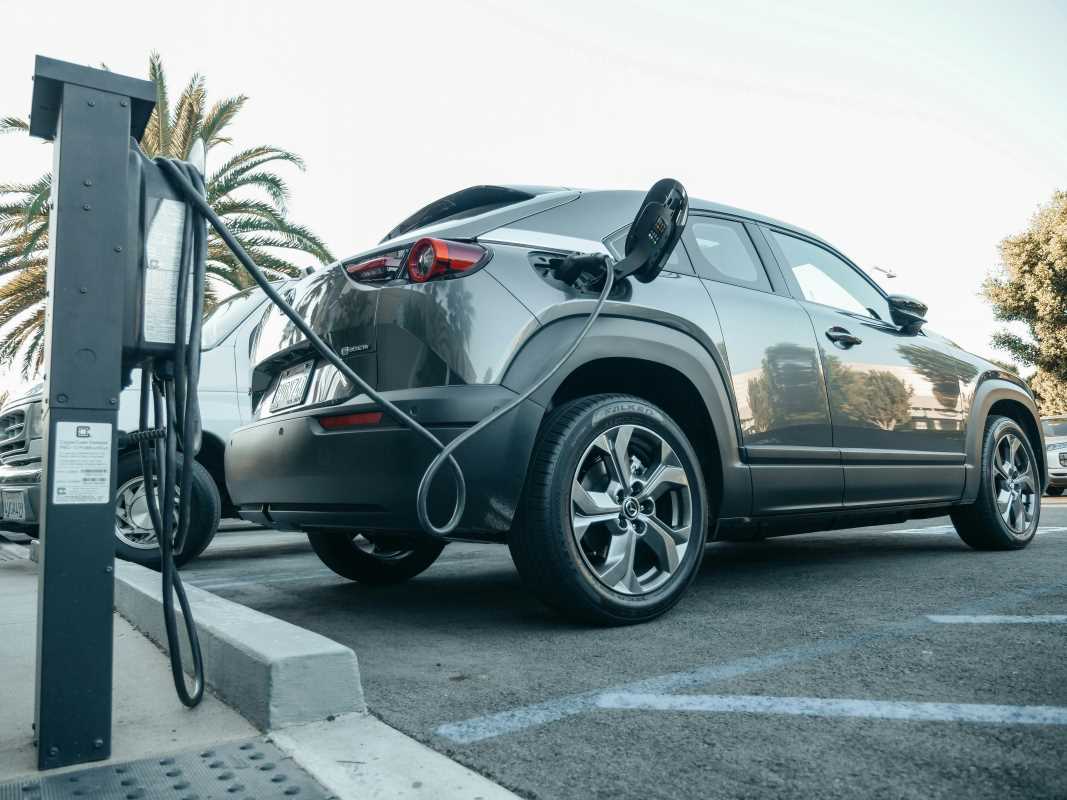Buying your very first car is a thrilling moment, hands down. You imagine yourself cruising down the highway, windows down, music up, and feeling on top of the world. But that moment can sharply turn into a stress fest if you stumble into a car buyer’s trap.
From budget blunders to skipping crucial steps, first-time buyers often make mistakes that can turn that dream purchase into a financial nightmare. Lucky for you, we’ve got the cheat codes to avoid these missteps. Buckle up, we’re here to steer you in the right direction.
Failing to Set a Realistic Budget
One common mistake many first-timers make is falling head over wheels for a car way out of their price range. Your dream car may be shiny and loaded with gadgets, but if it costs more than you can comfortably afford, it’s no dream; it’s a trap.
What many buyers forget to factor in is that the sticker price doesn’t reflect the total cost of ownership. Maintenance, insurance, fuel, and registration fees all pile on top of that initial number. And don’t even get us started on interest rates (we will, though).
To set yourself up for success, calculate what you can afford monthly while considering those additional expenses. Aim for a car loan payment that doesn’t exceed 15% of your take-home pay, and leave room in your budget for things like gas and the inevitable tire replacement. If you plan wisely, you’ll sleep better at night knowing your sweet ride isn’t breaking the bank.
Skipping Credit Score Homework
Your credit score and a car loan are like peanut butter and jelly. They go hand in hand, whether you realize it or not. Many first-time buyers waltz into a dealership without checking their credit score, only to be slammed with ridiculous interest rates due to a less-than-ideal number.
Your credit score has a direct impact on the terms of your loan. A higher score opens the door to more favorable interest rates, saving you hundreds or even thousands over your loan’s lifetime. A low score, meanwhile, can saddle you with sky-high rates or even make financing impossible.
Before applying for a loan, check your credit score. Better yet, take time to polish it up by paying down debts or correcting errors on your report. A small score improvement can translate to big savings, so do your homework before sitting down to negotiate terms.
Rushing Through the Research Phase
Few things scream “rookie mistake” louder than arriving at a dealership unprepared to deal with their dazzling sales tactics. If you haven’t researched car models, pricing trends, or reliable makes, you’re setting yourself up to overpay or land a car that doesn’t meet your needs.
Take the time to identify what you’re looking for in a vehicle. Need great gas mileage for long commutes? Aim for a hybrid or efficient sedan. Got a growing family? Perhaps an SUV or minivan is your best bet. Once you narrow down your options, scour pricing sites like Kelley Blue Book to understand market value. Reading reviews and reliability ratings also ensures you select a model that won’t spend more time in the shop than on the road.
Walking into a dealership armed with research transforms the experience. You’re confident, informed, and less likely to fall for “special deals” that might not be so special.
Forgetting To Test Drive the Car
Buying a car without a test drive is like marrying someone you’ve only exchanged emails with. It’s risky. Yet, in all the excitement, some first-time buyers take the dealership’s word at face value and skip the crucial test drive step.
Here’s the thing about test drives. They’re not optional. This is your chance to see how the car feels, smells, and handles. Pay attention to visibility when parking, how smoothly it accelerates, and whether the brakes feel responsive. Don’t forget less-obvious comfort factors, like seat adjustability or cargo space.
If something feels off during the drive, trust your gut, even if the salesperson insists “that’s normal.” You need assurance the car complements your driving style and expectations. Miss the test drive, and you’re rolling the dice on whether that car will truly suit you.
Falling Into the “Monthly Payment” Trap
Many first-time buyers fall for the dealership’s oldest trick in the book: focusing only on the monthly payment. While it’s tempting to chew on numbers that sound affordable in the moment, it can lead to costly consequences.
Dealerships often stretch loan terms to lower your monthly payment, making it seem like you’re snagging a great deal. The catch? More months mean more interest, increasing the car’s overall cost by thousands. What’s worse, long loans can leave you upside-down, where you owe more than your car is worth.
When negotiating, focus on the total price of the car, including fees and interest, instead of being fixated on keeping a low monthly payment. You’ll thank yourself later when you’re not stuck making payments long after the car’s prime.
Overlooking Additional Costs
First-time buyers often get so focused on the car's sticker price that they forget about everything else involved. Taxes, dealer fees, registration, insurance, gas, and maintenance can hit like an unexpected wave. If you didn’t budget for those extras, they can turn a decent deal into a financial headache.
For example, premium SUVs may seem appealing until you realize they guzzle gas and insurance for them costs a small fortune. Similarly, that glossy luxury sedan might come with repair bills double that of a practical midsize car.
When considering a car, think big picture. Research the true cost of ownership for the makes and models you’re eyeing. That way, you’ll avoid surprises after taking the keys.
Not Getting a Pre-Purchase Inspection
This one is practically screaming into the void for private sales in particular. Opting for a used car without a pre-purchase inspection is risky business. Even if the car looks pristine and runs smoothly, underlying issues may be lurking.
Dealerships usually offer used cars inspected under their certifications (pro tip: certified pre-owned can save you worry). If you’re buying from a private seller, however, take the extra step to hire a trusted mechanic to inspect the vehicle. For a small fee, they’ll perform a detailed check-up to spot any potential red flags.
If a seller resists the idea of an inspection, that’s a signal to walk away. A little upfront cost today can save you from hefty repair bills in the future.
Defensive Car Buying Can Be Fun
Avoiding first-time car buying mistakes doesn’t have to feel like work. With the right preparation and a few easy tips, you can leave the lot with a vehicle you love and a purchase you don’t second-guess. Remember, buying a car is one-part research and one-part knowing your limits. Take your time, skip the emotional decisions, and keep a sharp eye on the numbers.







